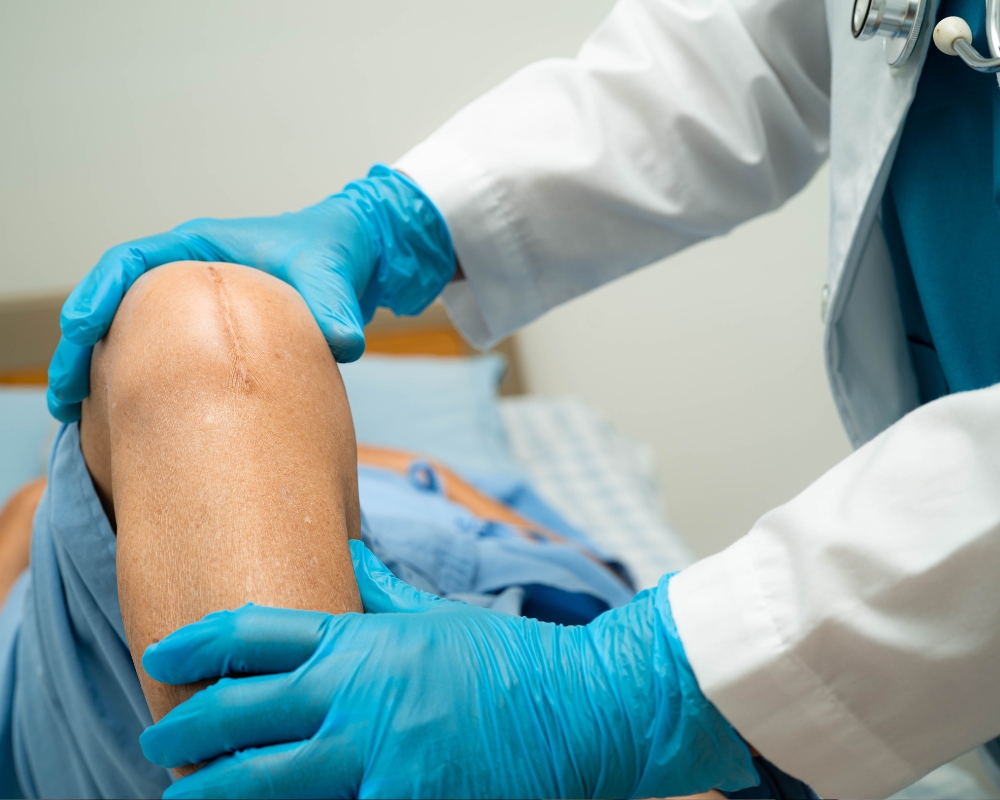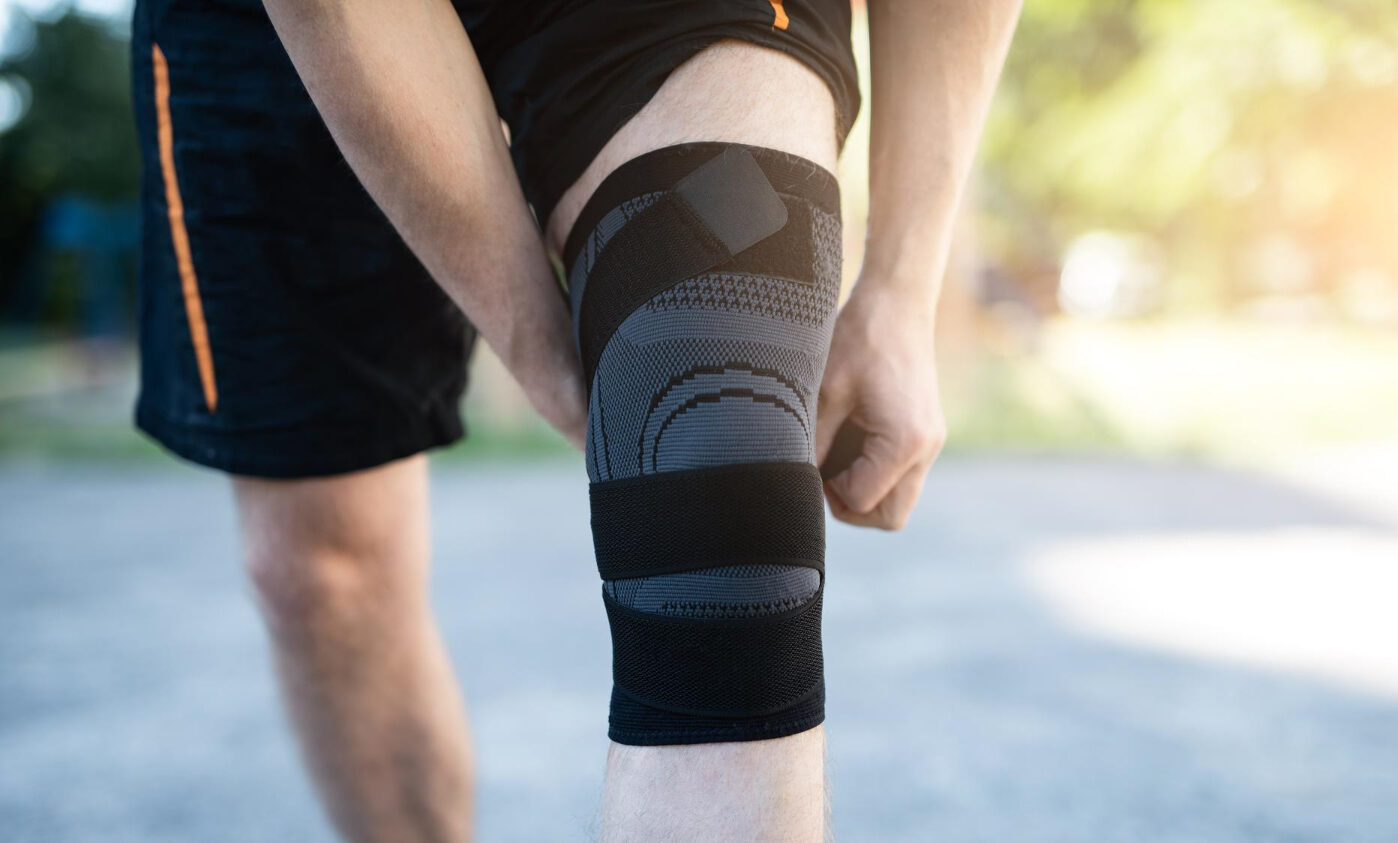Total Knee Replacement (TKR) surgery is a transformative solution for individuals suffering from chronic knee pain and reduced mobility due to conditions like osteoarthritis. In recent years, a paradigm shift towards patient-centred care and personalised treatment plans has revolutionised how orthopaedic clinics approach TKR. In this blog, we will delve into the significance of tailoring treatment approaches based on individual patient needs, exploring the factors influencing these decisions and elucidating the benefits of embracing patient-centred care.
What Is Patient-Centered Care?
Patient-centred care places the individual at the heart of the treatment process. Instead of adopting a one-size-fits-all approach, orthopaedic clinics now recognise the importance of considering each patient’s unique characteristics, preferences, and circumstances. This approach is particularly crucial in TKR, as patients vary widely in age, lifestyle, and overall health.
Factors Influencing Personalized Treatment Plans
Age Considerations
Age plays a pivotal role in determining the most suitable treatment approach. Younger patients may have different expectations and lifestyle requirements than their older counterparts. Personalised treatment plans consider age-related factors such as bone density, activity levels, and the potential for a longer post-surgery lifespan. For instance, a younger patient may benefit from a TKR that accommodates a more active lifestyle.
Lifestyle and Activity Levels
Lifestyle choices and activity levels are unique to each individual. Orthopaedic clinics take these factors into account when tailoring treatment plans. A patient with an active lifestyle, perhaps engaging in sports or strenuous physical activities, may require a different surgical approach and rehabilitation plan than someone with a more sedentary lifestyle. The goal is to ensure the treatment aligns with the patient’s daily activities and aspirations.
Overall Health Status
The patient’s overall health is a critical consideration in developing personalised treatment plans. Patients with pre-existing medical conditions, such as diabetes or cardiovascular issues, may need special attention during the surgical and recovery phases. Orthopaedic clinics work closely with other healthcare providers to ensure a holistic approach to patient care, addressing the knee condition and the broader health context.
Benefits of Patient-Centered Care in TKR
Optimised Surgical Outcomes
Personalised treatment plans contribute to optimised surgical outcomes. Orthopaedic surgeons can achieve better alignment and functionality by tailoring the surgical approach to each patient’s unique anatomy and requirements. This precision enhances the longevity of the implant and reduces the risk of complications, ultimately leading to improved patient satisfaction.
Faster Recovery and Rehabilitation
Recognising individual differences in lifestyle and activity levels allows for customising rehabilitation plans. Patients receive guidance and exercises that align with their daily routines and personal goals. This tailored approach accelerates the recovery process and encourages patients to actively participate in their rehabilitation actively, fostering a sense of empowerment and control over their health.
Increased Patient Satisfaction
Patient satisfaction is a key metric in evaluating the success of any healthcare intervention. By considering individual needs and preferences, orthopaedic clinics create an environment where patients feel heard and valued. This not only enhances the overall patient experience but also contributes to higher levels of satisfaction with the treatment and the healthcare provider.
Reduced Complications and Re-admissions
Personalised treatment plans contribute to a reduction in post-surgical complications and hospital readmissions. Addressing individual health factors and tailoring care plans minimises adverse event risk. This, in turn, leads to a smoother recovery process and a lower likelihood of patients needing to return to the hospital for additional interventions.
The shift towards patient-centred care and personalised treatment plans in the context of Total Knee Replacement marks a significant advancement in orthopaedic healthcare. By recognising and addressing each patient’s unique needs, orthopaedic clinics can optimise surgical outcomes, accelerate recovery, and enhance overall patient satisfaction. As the field continues to evolve, embracing this patient-centric approach will undoubtedly play a crucial role in shaping the future of TKR and improving the lives of individuals seeking relief from debilitating knee conditions.












